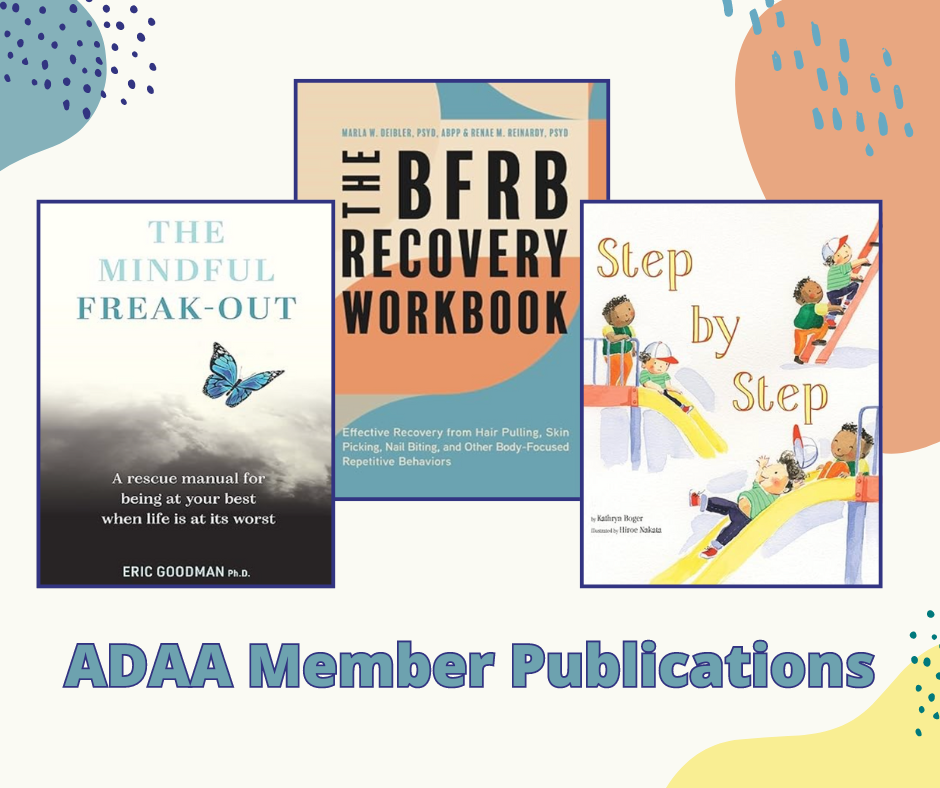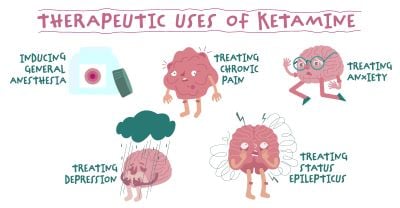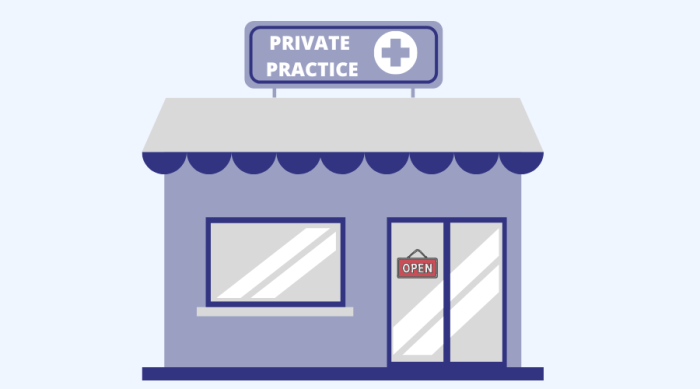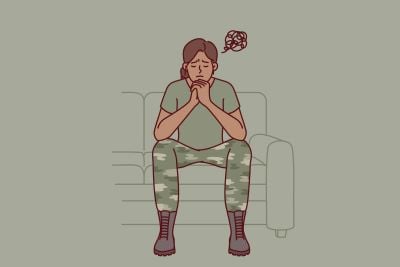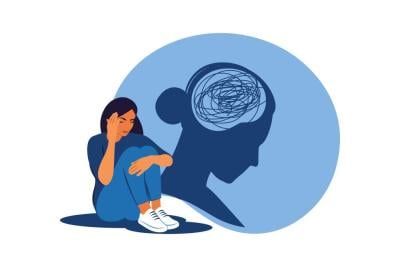
June 7, 2024
Jeff Cohen, PsyD
and
Ilana Seager van Dyk, PhD
and
This CE eligible webinar with Jeffrey Cohen, PsyD and Ilana Seager van Dyk PhD, aims to provide attendees with the basic tools needed to use evidence-based clinical practice (i.e., CBT) with LGBTQ+ youth and their families using an affirming, minority stress-informed lens.
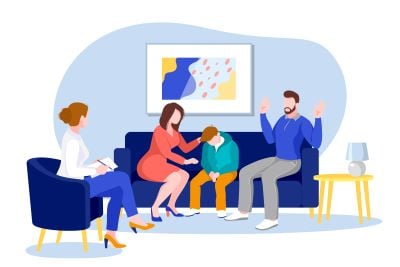
April 25, 2024
Lawrence Amsel, MD
and
This April 25 live CE eligible webinar with Dr. Lawrence Amsel will focus on methods for improving communication and engagement and developing strategies that will avoid common misunderstandings in these clinical situations and improve both clinical efficiency and patient outcomes.

May 21, 2024
Simon Rego, PsyD, ABPP, A-CBT
and
L. Kevin Chapman, PhD
and
Anne Marie Albano, PhD, ABPP
and
Melissa G. Hunt, PhD
and
Learning how to interact with reporters successfully can go a long way toward minimizing negative outcomes and can help us all promote evidence based clinical science. The panel presenters all have extensive experience working with a variety of media outlets and understand potential power clinical psychologists have to educate lay people, improve public health and even influence social policy.

